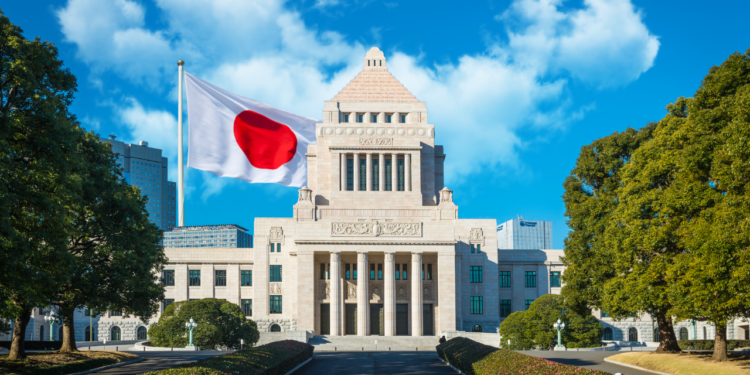Japan is a nation known for its grueling work culture, to the extent that it has a term, “karoshi,” meaning “death from overwork.” Yet this country so focused on work is grappling with a dire labor shortage.
In an attempt to drive up workforce participation, the government is urging both individuals and businesses to consider adopting four-day workweeks, according to AP.
The government has launched a “work style reform” campaign aimed at promoting shorter hours and flexible work arrangements. A variety of support measures have been introduced, including free consulting, grants, and a library of success stories intended to motivate small and medium-sized enterprises.
Advocates for the four-day workweek suggest that it could encourage various demographic groups—those raising children, caring for elderly relatives, retirees seeking supplementary income, and others in need of flexibility—to remain in the workforce longer.
Nonetheless, the effort is facing significant challenges; only three companies have so far requested guidance on navigating regulatory changes and subsidies, per the labor ministry.
The tepid response is further highlighted by Panasonic Holdings Corp., where out of 63,000 eligible employees, only 150 have opted for the four-day schedule. This is indicative of Japan’s entrenched norms of long working hours.
Even though 85% of employers report offering two days off per week and legal restrictions on overtime exist, unreported and uncompensated “service overtime” remains prevalent, according to AP.
A recent white paper on “karoshi” revealed that Japan has at least 54 fatalities annually due to overwork-related causes, such as heart attacks. Some officials argue that transforming the work culture is crucial to sustaining a viable workforce, especially given Japan’s rapidly declining birth rate.
Several major companies, including Fast Retailing Co., Shionogi & Co., Ricoh Co., and Hitachi have recently adopted the four-day workweek model.
However, critics point out a significant downside: employees on four-day schedules often end up working just as hard for less pay. As Japan continues to explore solutions to its labor shortage, whether the four-day workweek can achieve broader acceptance and effectiveness remains to be seen.



 Dr. Gleb Tsipursky – The Office Whisperer
Dr. Gleb Tsipursky – The Office Whisperer Nirit Cohen – WorkFutures
Nirit Cohen – WorkFutures Angela Howard – Culture Expert
Angela Howard – Culture Expert Drew Jones – Design & Innovation
Drew Jones – Design & Innovation Jonathan Price – CRE & Flex Expert
Jonathan Price – CRE & Flex Expert











